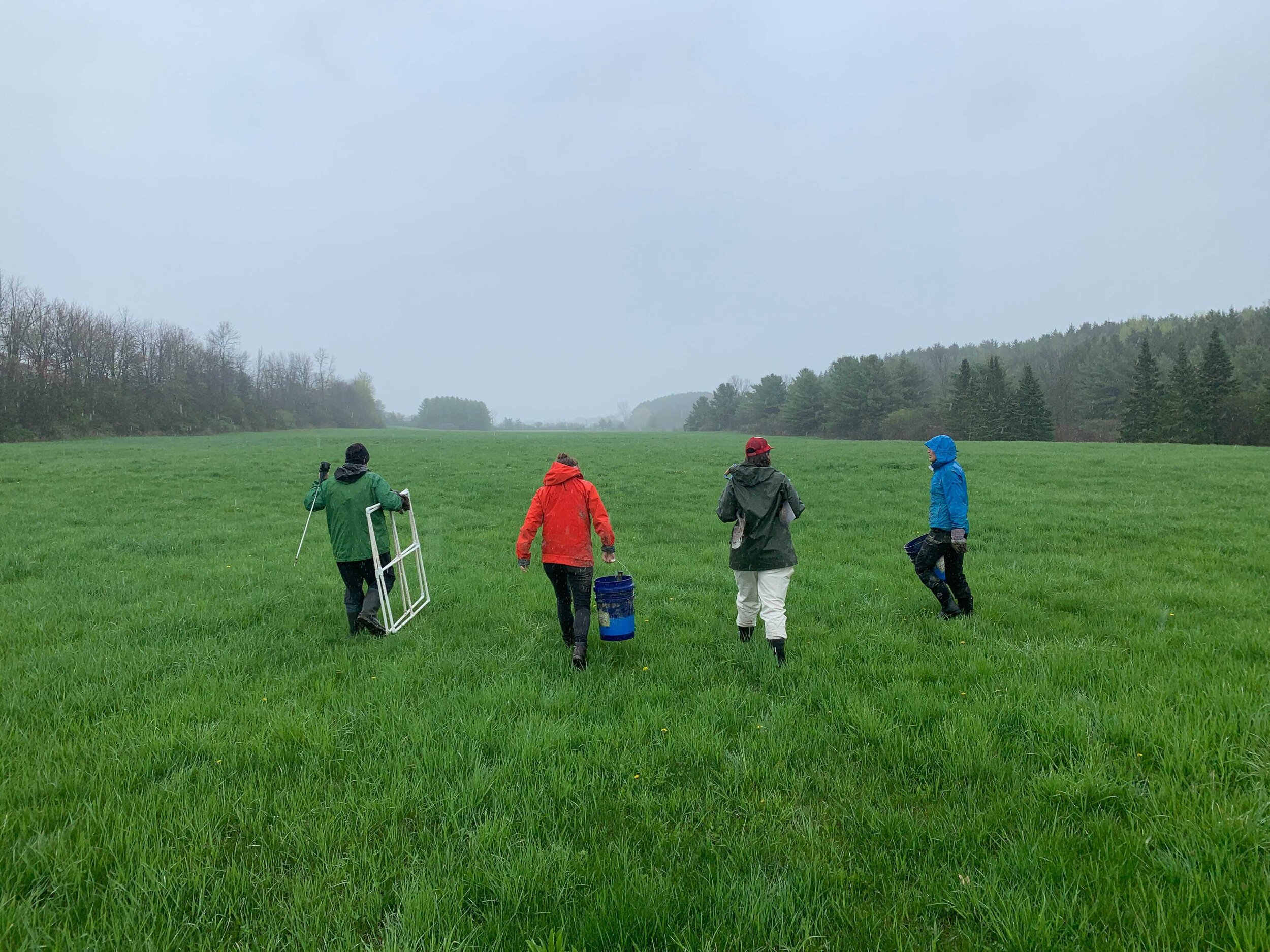Work With Us
What we do
Our work is rooted in the understanding that the best way we can mitigate climate change and create healthy communities is through investing (research, time, money) into our working landscapes. We support, collaborate, and work with stakeholders who share, and sometimes challenge, these values. We partner with landowners, investors, farmers, conservationists, food professionals and municipalities to develop creative business solutions to complex problems. We work across many industries and landscapes, from city planters to small farms to conserved areas that span thousands of acres.
Who we are
We come from different areas of working in food supply chains, ecology, business, conservation, agriculture, landscape design, and community development. We believe that restoring human to land connection is integral to creating a healthy, equitable human society. We value curiosity, empathy, honesty, and humility. We are good at difficult conversations, and we frequently debate the tension and balance between profit and impact in our work. We turn down work that we do not believe in.
How we work
Whether we are working with a city planner arranging low water native planters in a public park or at a field project site getting our hands dirty obtaining soil samples— we are often at our best are when we are outside. We come from different areas of work within food supply chains, ecology, business, conservation, agriculture, landscape design, and community development. We are fiercely committed to working within our sphere of influence to create an inclusive workplace that welcome is welcome to both visible and non-visible minority colleagues and external stakeholders.
How we grow
We make mistakes and we believe that these experiences are an essential part of our process, our learning, and our successes. As we grow and evolve, we continue to invest in creating an inclusive and anti-racist workspace for ourselves, our colleagues, and our partners. We love the natural world, as it connects us to the work that we do. Whether we are sitting in a park or working at one of our field projects (helping with weeding, taking soil samples, or participating in animal chores), we are often our best selves when we are outside.
Current Openings
Executive Administrative Coordinator
The Executive Administrative Coordinator assists in various areas of Bio-Logical Capital’s work by providing administrative and technical support, coordinating projects, and information flow between internal teams and external partners. The Executive Administrative Coordinator possesses a suite of skills, including professional communication, office management, risk management and compliance knowledge, word processing and document creation, Human Resource administration, and basic finance, bookkeeping and accounting functions. The Executive Administrative Coordinator also possesses creative composition and editing skills, and strong team and content organization.
Research Coordinator
We are seeking a Research Coordinator to support innovative agricultural, ecological, and climate change research in Vermont and the Northeast. This position reports to the Research Manager and will help to support and coordinate multiple field research initiatives, including longitudinal research on soil health, water quality, field productivity, forage quality, and animal health at various locations, including at Philo Ridge Farm, a research hub and working farm in Charlotte, Vermont that is managed by our Bio-Logical Capital team. The research coordinator will also organize and participate in field research, data collection, data analysis, and reporting for a national 2020 NRCS On-Farm Trials Soil Health Conservation Innovation Grant, as well as help support and coordinate data collection and grant writing on other BLC projects around the Northeast. From muddy field days to research presentations, you will work closely with a group of committed stakeholders including farmers, scientists, non-profit partners, state and federal agencies, farm owners, and investors.





